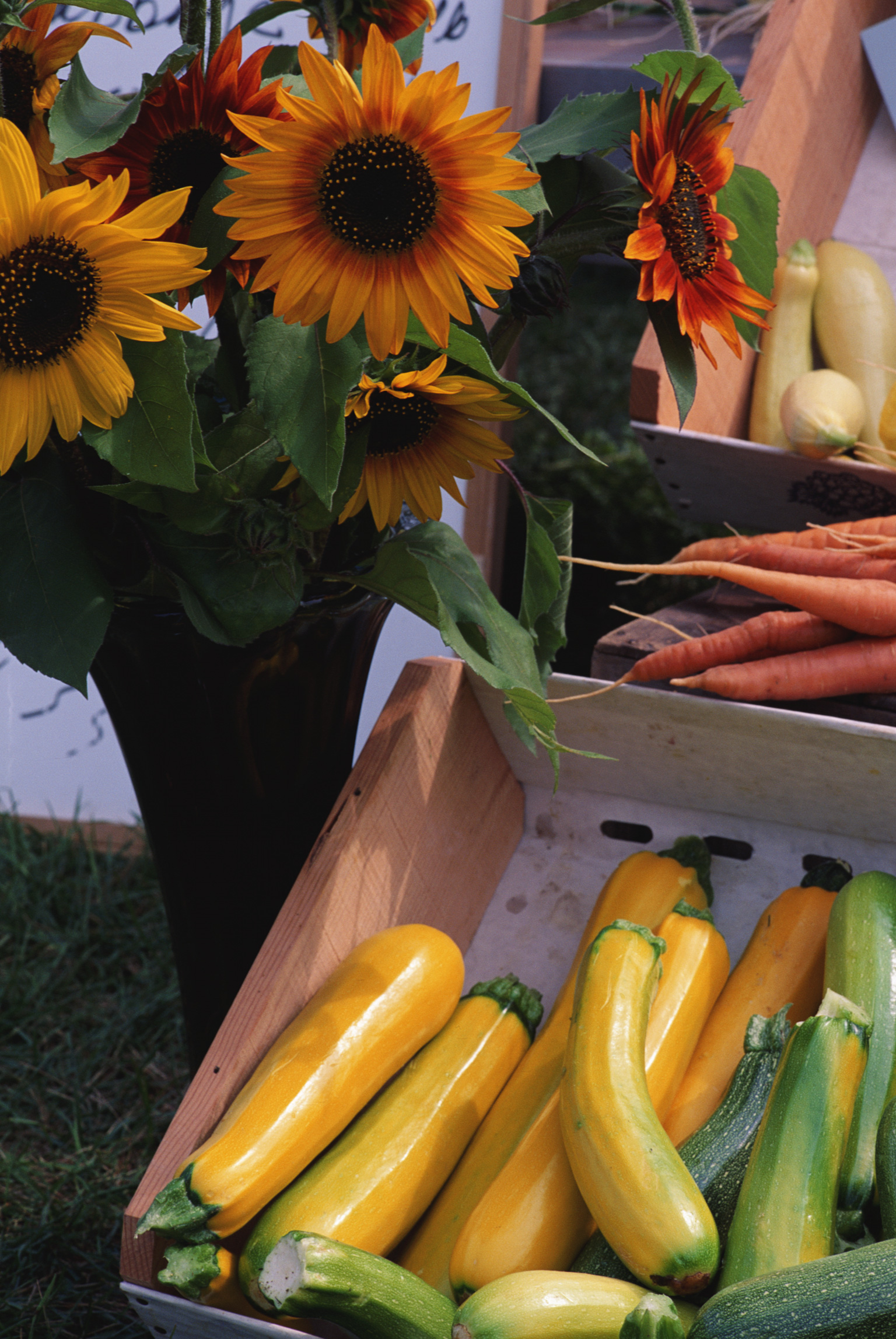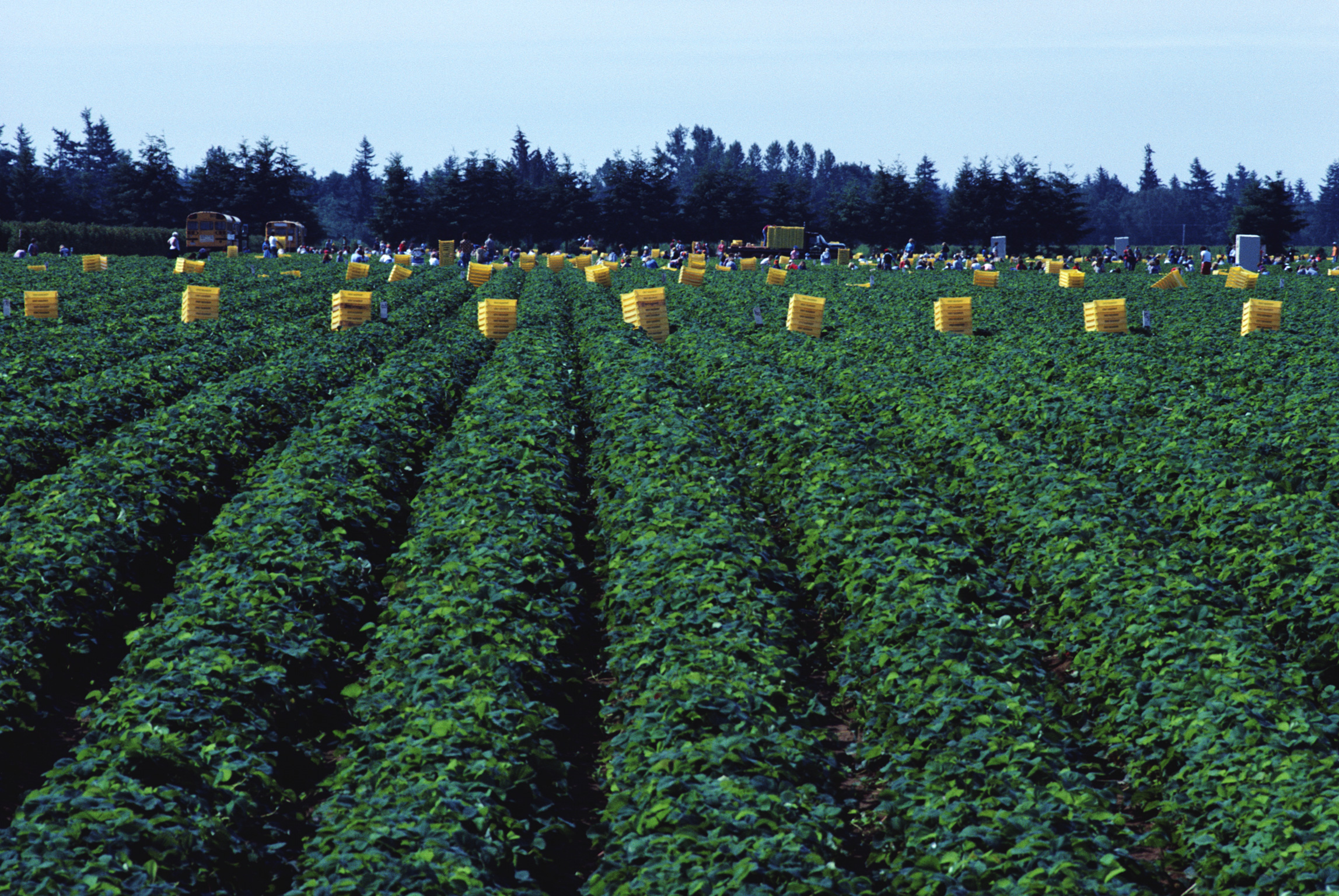
- •S. Seiffulin kazakh agro technical university
- •Astana 2011
- •Introduction
- •Exercises
- •Cause damage hold invite make overtake show surround translate write
- •5. Write questions using the passive. Some are present and some are past.
- •6. Put the verb into the correct form, present simple or past simple, active or passive.
- •7. Rewrite these sentences. Instead of using somebody, they, people etc., write a passive sentence.
- •Passive Voice
- •Perfect infinitive
- •Present continuous
- •Sources of food
- •Exercises
- •1. Translate these interesting facts about food into your own language
- •6. Rewrite these sentences. Instead of using somebody or they etc., write a passive sentence.
- •7. Make sentences from the words in brackets. Sometimes the verb is active, sometimes passive.
- •Food from animals
- •Exercises
- •2. Make 10 test questions with 5 answers about this text and try to use Passive Voice
- •3. Retell the text
- •4. Find the right answer Test . Passive Voice
- •Unit 2 Text: The food of the Nomad Grammar: Question tags
- •Exercises
- •I. Choose the right variant
- •II. Make five questions about this text
- •2. Put a question tag on the end of these sentences
- •3 Read the situation and write a sentence with a question tag. In each situation you are asking your friend to agree with you.
- •4 In these situations you are asking for information, asking people to do things etc.
- •Exercises
- •1. Rewrite the sentences using Reported speech
- •2. Retell the text using reported speech
- •3. Yesterday you met a friend of yours, Steve. You hadn’t seen him for a long time. Here are some of the things Steve said to you:
- •Exercises
- •The following sentences are direct speech. Rewrite the sentences using reported speech.
- •Here are some things that Sarah said to you:
- •Complete the sentences with say or tell (in the correct form). Use only one word each time
- •The following sentences are direct speech
- •Reported Speech
- •Exercises
- •1. Write 10 questions about this text
- •3. Make a new sentence from the question in brackets.
- •4 You are making a phone call. You want to speak to Sue, but she isn't there. Somebody else answers the phone. You want to know three things:
- •Grammar Reported Speech (questions)
- •Grammar Revision. Passive Voice, Question tags, Reported Speech
- •I variant
- •II variant
- •III variant
- •IV variant
- •Unit 4 Text: The food industry
- •The food industry
- •Exercises
- •Translate the text into your own language and learn by heart the new words.
- •Now answer these questions:
- •Complete each sentence with one of the following verbs (in the correct form): answer apply be forget listen live lose make read try use
- •Complete the sentences so that they mean the same as the first sentence. Use -ing.
- •Use your own ideas to complete these sentences. Use -ing.
- •Unit 5 Text: History of Chocolate
- •Short History of Chocolate
- •Exercises
- •Read and translate the text.
- •Now answer these questions
- •Look at the picture and write what you see and how it has been made. Use gerund or infinitive.
- •Food processing. Translate the text into your own language
- •Food packaging. Read and retell the text.
- •Complete each sentence with a suitable verb.
- •Put the verb into the correct form, to ... Or -ing.
- •Make a new sentence using the verb in brackets.
- •Unit 6 Text: Food transportation and food marketing
- •Food transportation
- •Grammar:
- •(I want you to ... Etc.) want ask help would like
- •Make and let
- •Exercises:
- •2. Complete each second sentence so that the meaning is similar to the first sentence.
- •Unit 7 Text: Problems with frozen foods
- •Problems with frozen foods
- •1 Put the verb into the correct form, -ing or to ... . Sometimes either form is possible.
- •2 Here is some information about Tom when he was a child.
- •3 Complete each sentence with a verb in the correct form, -ing or to ... .
- •Enjoy finish imagine admit avoid feel like (infml) (don't)mind can't stand give up deny
- •Manage refuse promise offer
- •Exercises:
- •1. Underline the correct word(s). Be careful: in two sentences, both possibilities are correct.
- •2 Complete part (c) of each sentence in a suitable way, starting with a verb.
- •3 Read the story and answer the questions below.
- •Unit 8 Text: Interesting Facts about British Food Grammar: Conditional sentence 1
- •Exercises:
- •1 Complete the sentences using the verbs in brackets. All the sentences are about the future. Use Will/won't or the present simple (I see / he plays / it is etc.).
- •2 Make one sentence from two:
- •3 Read the situations and complete the sentences.
- •4 Put in when or if.
- •Translate the text into your own language
- •Interesting Facts about British Food: English Pub Food
- •English Cream Teas
- •Unit 9 Text: 10 Poisonous Foods we like to eat Grammar: Conditional sentence 2 (If I knew ... I wish I knew ...)
- •Exercises:
- •1 Put the verb into the correct form.
- •2 Write a sentence with if ... For each situation.
- •Write sentences beginning I wish ... .
- •4 Write your own sentences beginning I wish ... .
- •Potatoes
- •Tomatoes
- •Almonds
- •Cherries
- •Mushrooms
- •Elderberry
- •Rhubarb
- •Castor Oil
- •Pufferfish
- •Unit 10 Text: Discover a few interesting facts that You May Not Know. Grammar: Conditional sentence 3 (If I had known I wish I had known)
- •Grammar: Conditional sentence (3)
- •If I had known you were in hospital, I would have gone to see you.
- •Exercises:
- •1 Put the verb into the correct form.
- •2 For each situation, write a sentence beginning with If.
- •3 Imagine that you are in these situations. For each situation, write a sentence with I wish.
- •4. Translate the sentences into your own language.
- •Interesting Food Facts
- •Unit 11 Text: History of Tomatoes Grammar: Phrasal verbs: form and meaning
- •1 Complete the phrasal verbs. Remember to put the verb into the correct form.
- •2 Complete these sentences in a logical way.
- •3 Look at the dictionary entry for 'go off, and match the meanings with the sentences below.
- •4 Correct any mistakes with word order in these sentences. Be careful: some are correct.
- •5 Make these texts more informal by changing the underlined verbs to phrasal verbs.
- •6 Fill the gaps to complete the phrasal verbs in these sentences.
- •7 Complete these sentences in a logical way.
- •History of Tomatoes
- •Revision for all materials
- •1 Variant
- •2 Variant
- •3 Variant
- •4 Variant
- •5 Variant
- •6 Variant
- •7 Variant
- •Additional texts Texts for reading and retelling popcorn
- •Popcorn Balls
- •The Healthy Eating Pyramid includes the following: Whole Grains
- •Healthy Fats and Oils
- •Vegetables and Fruits
- •Nuts, Seeds, Beans, and Tofu
- •Fish, Poultry, and Eggs
- •Dairy (1 to 2 Servings Per Day) or Vitamin d/Calcium Supplements
- •Use Sparingly: Red Meat and Butter
- •Multivitamin with Extra Vitamin d (For Most People)
- •Optional: Alcohol in Moderation (Not for Everyone)
- •Kazakhstan’s cuisine
- •Food and drink
- •Food and drink based on milk
- •Dishes from cereals
- •Cold first courses
- •Hot first courses
- •Second courses
- •Bread and pasta
- •Desserts
- •Meals in Britain (1)
- •Vocabulary:
- •Meals in Britain (2)
- •British Cuisine
- •Questions:
- •Vocabulary:
- •Spirits in Ireland
- •Questions:
- •Traditional American Food
- •The Story of “McDonald's” and “Coca-Cola”
- •World Food Kazakhstan: a Focus on the Food Industry
- •About Kazakhstan trade recovering in kazakhstan
- •A review of the food and beverage market in kazakhstan
- •Kazakhstan to Launch Its Own Infant Food Production
- •Kazakhstan to Develop Winemaking
- •Source: Kazakhstan Today
- •Kazakhstan: a 200-Hectare Food Terminal Being Built Near Astana
- •Halal-Industry Association Established in Kazakhstan
- •Second Record Bumper Harvest over Last Five Years in Kazakhstan – About 21 Million Tons in Store – Nazarbayev
- •Examination tests test-1
- •Irregular verbs
- •Bibliograhpy
- •Content
Make a new sentence using the verb in brackets.
1 You've lost weight. (seem)
2 Tom is worried about something, (appear)
3 You know a lot of people. (seem)
4 My English is getting better. (seem)
5 That car has broken down. (appear)
6 David forgets things. (tend)
7 They have solved the problem. (claim)
Complete each sentence using what/how/whether + the following verbs: do get go ride say use
1 Do you know ..........to John's house?
2 Can you show me ......................................this washing machine?
3 Would you know .............................if there was a fire in the building?
4 You'll never forget ...................................a bicycle once you've learnt.
5 I was really astonished. I didn't know ................................................
6 I've been invited to the party, but I haven't decided .................................
Unit 6 Text: Food transportation and food marketing
Grammar: Verb (+ object) + to …
Food transportation
 Commercial
shipping companies transport most of the food from producers to
processors and from processors to market. Nearly all fresh foods are
perishable and must be shipped quickly. Many vegetable farmers haul
their produce to nearby markets soon after it is harvested. Over
longer distances, however, refrigerated trucks, railroad cars, and
ship help keep perishable produce fresh. Refrigerated vehicles also
haul dairy products and frozen foods. In some cases, airplanes
transport highly perishable foods, such as fish or expensive foods,
such as live lobsters.
Commercial
shipping companies transport most of the food from producers to
processors and from processors to market. Nearly all fresh foods are
perishable and must be shipped quickly. Many vegetable farmers haul
their produce to nearby markets soon after it is harvested. Over
longer distances, however, refrigerated trucks, railroad cars, and
ship help keep perishable produce fresh. Refrigerated vehicles also
haul dairy products and frozen foods. In some cases, airplanes
transport highly perishable foods, such as fish or expensive foods,
such as live lobsters.
 Some
farmers sell eggs or fresh fruits and vegetables directly to
consumers at roadside stands or through home deliveries. Many farmers
take produce to a farmers’ market in a nearby city. There food
dealers and homemakers can purchase it.
Some
farmers sell eggs or fresh fruits and vegetables directly to
consumers at roadside stands or through home deliveries. Many farmers
take produce to a farmers’ market in a nearby city. There food
dealers and homemakers can purchase it.
Numerous grain, dairy, and other farmers sell their products directly to a food processor. Many other farmers belong to marketing cooperative. A marketing cooperative collects the products of member farmers. It then sells the products to processors. Farmers sell their livestock to meat packers at large centres called terminal markets or at smaller auction markets.
Most food processors and a number of farmers sell their products to a wholesaler. Wholesalers buy large quantities of a product and then sell smaller amounts to retailers. Food retailers include supermarkets, grocery stores, convenience stores, delicatessens, butcher shops, restaurants, and other businesses that sell food to consumers.
Supermarkets and groceries sell a variety of foods. Other stores sell only one line of food, such as baked goods, fish, or meat. Consumers can buy prepared meals at restaurants and cafeterias. In many office and public buildings, vending machines dispense foods.
Grammar:
Verb (+ object) + to ...
